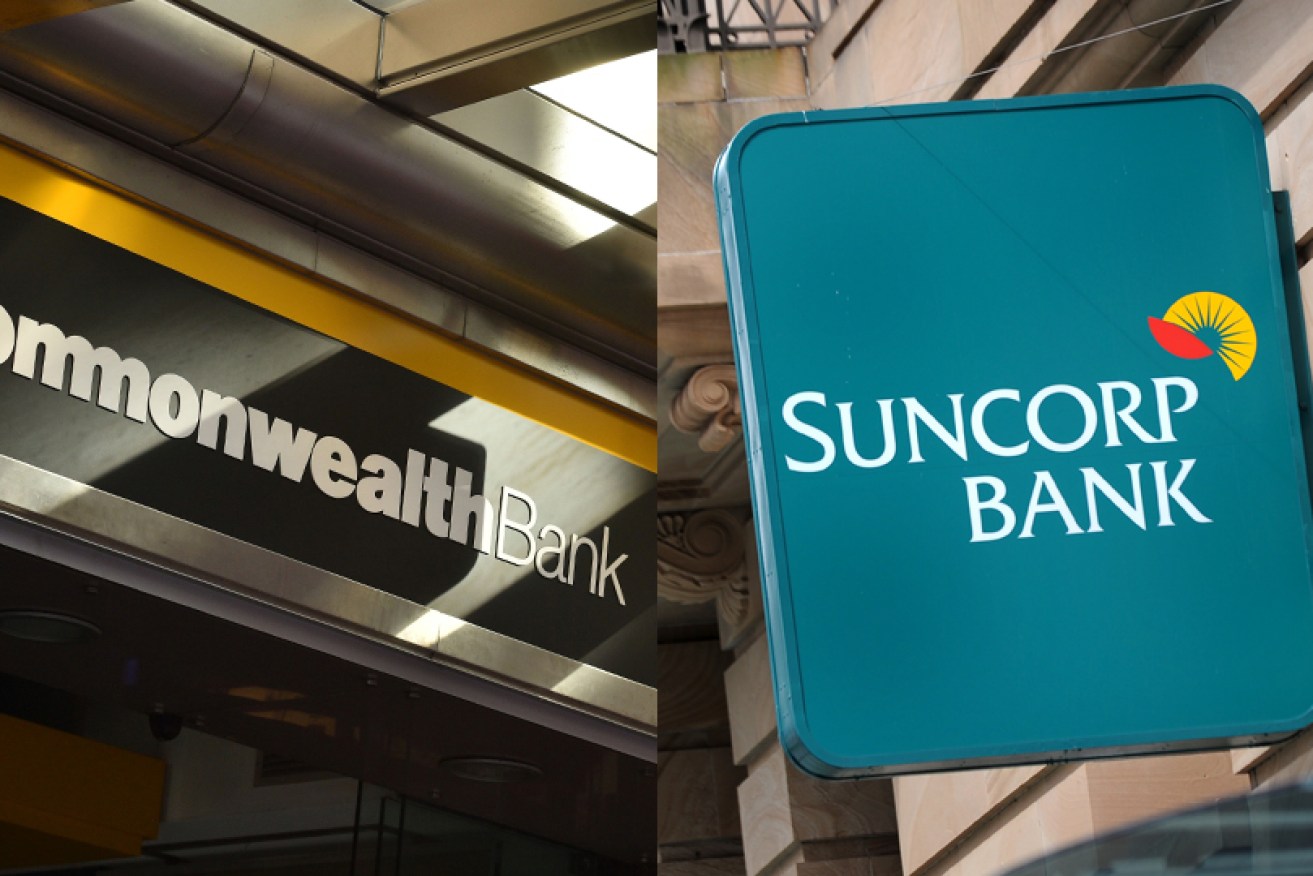‘Early warning sign’: Mortgage arrears rising


Borrowers at two banks are increasingly in arrears. Photo: Getty
More Australian borrowers are falling behind on home loan repayments, concerning new figures show.
Both the Commonwealth Bank and Suncorp revealed an “uptick” in the number of mortgage arrears in the 2017-18 financial year in annual reports released this week.
The number of CBA customers falling into arrears, or more than 90 days behind on their minimum home loan repayments, rose from 0.6 to 0.7 per cent between June 2017 and June 2018.
CBA, the first of the big four banks to release its annual report, attributed the increase to the rising cost of living, coupled with stagnant wages.
“Domestic home loan arrears were elevated on the prior year as some households experienced difficulties with rising essential costs and limited income growth leading to some pockets of stress,” the bank said.
Suncorp’s annual report showed the cost of home loans more than 90 days in arrears rose from $379 million in 2016-17 to $480 million in 2017-18.
Defaults also jumped from $34 million to $38 million over the past financial year.

The number of mortgage holders falling behind on home loan repayments is rising. Source: Suncorp/CBA
Suncorp Banking and Wealth CEO David Carter said the primary driver of the increase in past-due home loans was “changes to [Suncorp’s] hardship and recoveries processes, resulting in customers staying in hardship for a longer period of time”.
“The changes were implemented to better support customers genuinely experiencing hardship,” he said.
Suncorp has “clear processes to support customers who are in hardship, or at risk of hardship,” Mr Carter said.
Economist Saul Eslake said the rising number of households falling behind on home loan payments was no cause for panic.
“Even if these rates are going up they’re still extremely low,” he said.
Canstar financial services executive Steve Mickenbecker said that while “it’s not such a huge increase that you’d be seeing a panic”, the figures could be an “early warning sign” of tough times for mortgage holders.
“The worry about it is that if that number is going up when [interest] rates are as low as they are, what’s going to happen when rates go up?” Mr Mickenbecker said.
Default: A last resort
As property prices decline, mortgage holders who entered the market towards the tail end of the price boom, including many first-home buyers spurred on by government incentives, may find themselves in ‘negative equity’ with a mortgage that’s worth more than their house.
Instead, mortgage holders approaching default should “have an honest conversation” with their lender, Mr Eslake said.
“If borrowers are upfront, most lenders will try to show some forbearance. The banks don’t want to be a mortgagee in position. It’s bad publicity so most avoid it.”
If you’re struggling with debt or mortgage stress, contact the National Debt Helpline, a free counselling service, on 1800 007 007 or visit www.ndh.org.au








